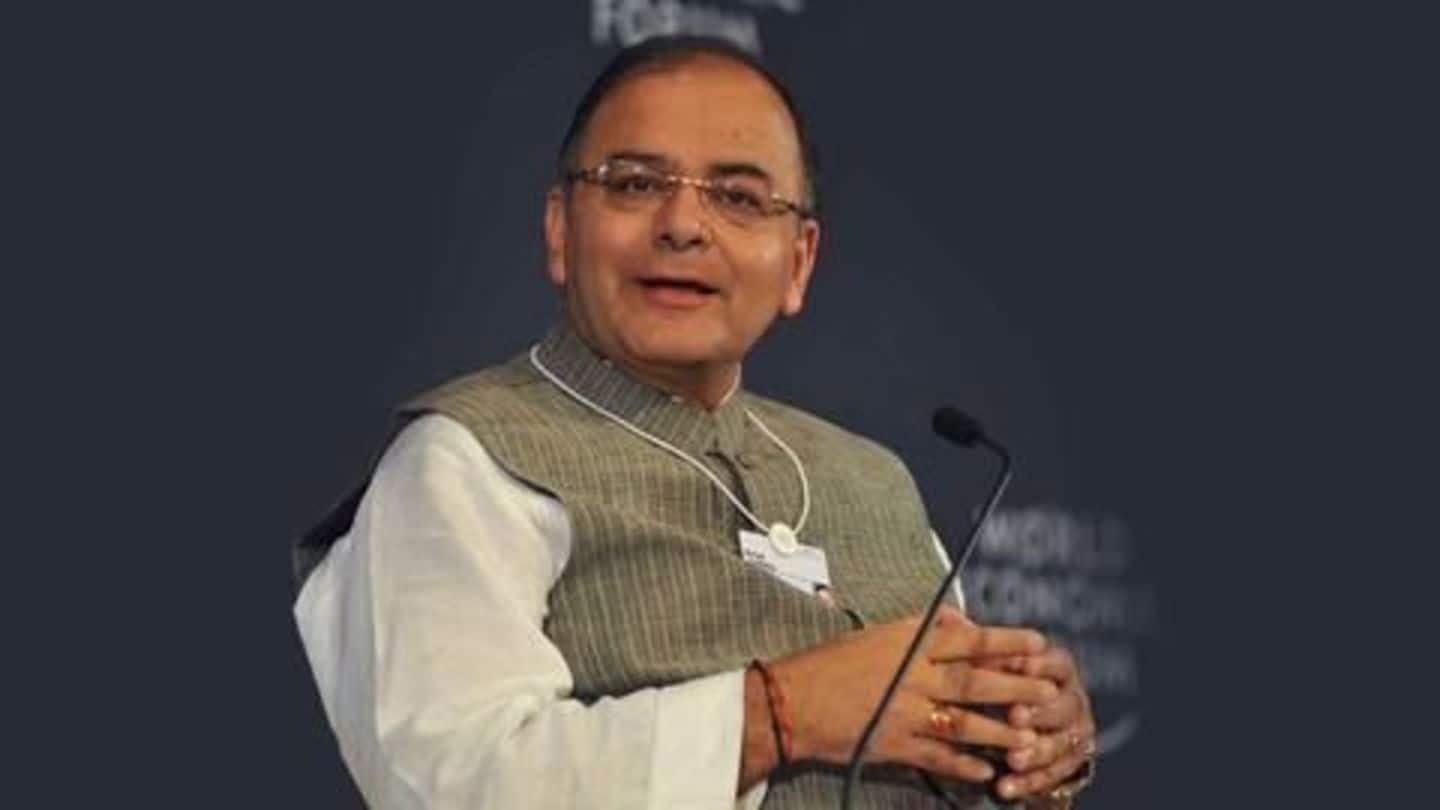
GST roll out to commence from 1st July 2017
What's the story
In the Goods and Service Tax (GST) Council meeting held today, all pending rules including tax provisions and returns were cleared prompting all states within the country to agree that GST roll out would commence from 1st July 2017.
This was the 15th meeting of the GST Council, and was chaired by Union Finance Minister Arun Jaitley.
Quote
Kerala Finance Minister confirms that all states are in
"We were discussing the rules and (they) have been completed. Transition rules have been cleared and everybody has agreed for July 1 roll out," said Thomas Isaac, Kerala's Finance Minister.
GST applicability
GST applicability on different goods and services
After several debates and meetings, the GST Council agreed to fit over 1,200 goods and 500 services under different tax brackets of 5, 12, 18, and 28 percent.
However, the GST Council is yet to decide on the tax rates for six items including gold, footwear, and textiles.
Significance
West Bengal agrees to GST despite CM's words
All states agreeing to GST roll out on 1st July assumes special significance considering West Bengal Chief Minister Mamata Banerjee's stance on the same.
Only yesterday, the West Bengal CM had announced that her government would not support the GST system in its current form, and changes would have to be made to its structure if she was to support it.
Quote
Mamata Banerjee wants GST reforms
"We will not support the GST in its present form. In its present form, it doesn't suit every section, especially the unorganized sector. They (Centre) have to rectify it," West Bengal Chief Minister Mamata Banerjee had said prior to the GST Council's meeting.
Credit
Industrialists lobbying for increased credit limits
With GST being ruled out, industry has been demanding relaxation on the provision of deemed credit.
Under the draft transition law, a company can claim up to 40% of their Central GST dues for excise duty paid on stock held by them prior to implementation of GST.
However, several dealers are lobbying with the government, seeking an increase in credit limit.